We are witnessing a rapid globalization across the world where the economically powerful languages are dominating over other languages. As a result less spoken languages are becoming endangered and are dying eventually. Parents are no longer teaching the mother tongue to their children and they are forced to use other languages in everyday matters including schooling.
There are 6,809 languages currently listed in the database of the Ethnologue: Languages of the World, of which only 330 languages have 1 million speakers or more.
Approximately 450 languages are in the last stages of becoming extinct, with only a few elderly speakers left. More worryingly, nearly half of the world’s languages are likely to be extinct in the next 100 years.
Living Tongues Institute for endangered languages from Oregon, USA is on a mission to address this situation. It acknowledges that with the death of every language the collective history of an entire people dies with it. The institute scientifically documents endangered languages, and assists communities with maintaining and revitalizing knowledge of their native languages through ICT and community driven tools.
The mission of the Living Tongues Institute for Endangered Languages is “to promote the documentation, maintenance, preservation, and revitalization of endangered languages worldwide through linguist-aided, community-driven multi-media language documentation projects.” Here is a short trailer on how they achieve their mission:
Last year National Geographic collaborated with the Living Tongues Institute for Endangered Languages on their Enduring Voices Project. The Living Tongues institute has started fund raising for another project titled “Endangered Language Technology Kits“. The goal is to secure recording equipment and computers for 8 indigenous language activists in India, Papua New Guinea, Chile and Peru.
A typical Language Technology Kit (LTK), which will enable the activists to record their languages, consists of a laptop computer, a handheld digital audio recorder, a still digital camera and a portable video camera. The activists will also receive training and mentoring from media specialists.
Living Tongues institute has already provided a number of such toolkits to language activists in remote areas over the past few years and have many success stories to share. In most of the cases these language activists produced their own contents in their own languages and shared them online. You can see some of the past recipients in action in this photo gallery.
Please follow the project on its Twitter and Facebook accounts.

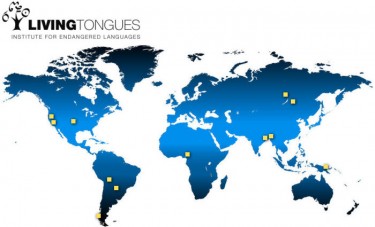
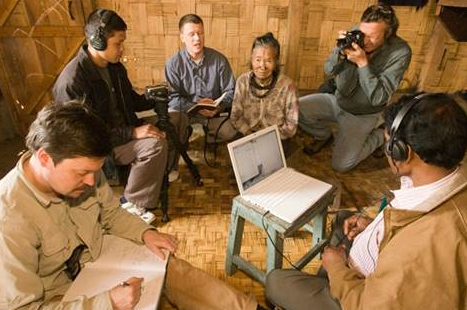
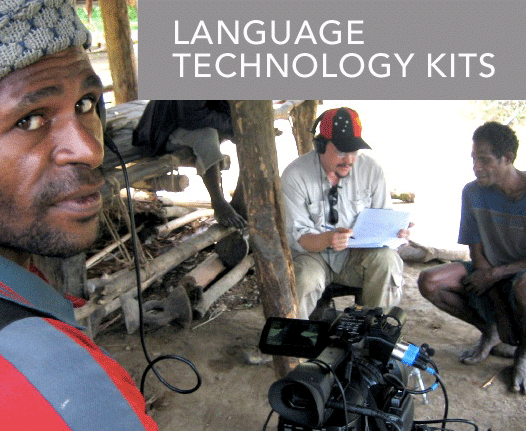
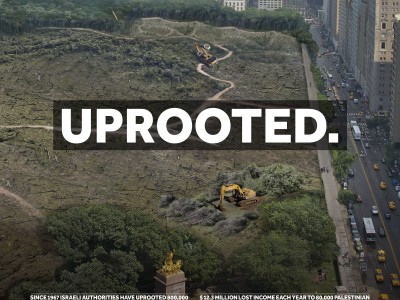
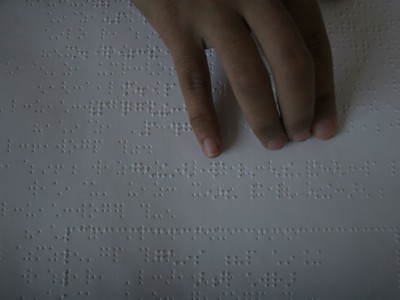
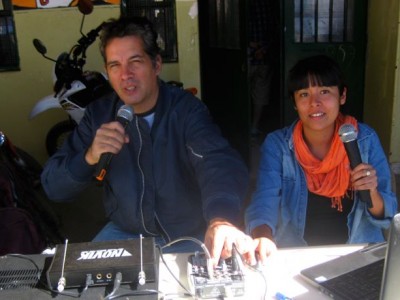
4 comments
Hi
I’d like meet the people who made (or is making) the job in Perú.
In other hand, could you tell the brands and models of the kits?
Thanks in advance!